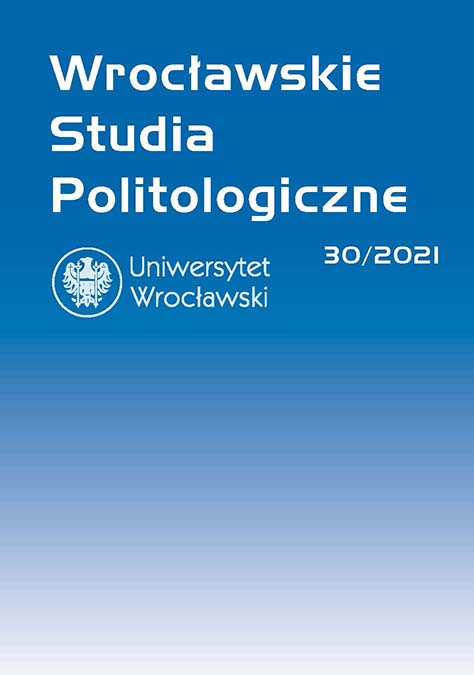

Artykuły

Latin America celebrated the symbolic 40th anniversary of the third wave of democratization in 2018. This process began in the Dominican Republic in 1978, then covered the Andean countries. In the 1980s, it reached Central and South America, as well as Argentina, Brazil and Uruguay, then Chile and Nicaragua. Only Cuba remained outside this trend. The countries went through an election cycle, which was an unprecedented event in the history of Latin America, dominated by more or less cruel dictatorships and brutal violence against those who criticized them and wanted to change this state. More than 30 presidential elections were held on this continent between 2009 and 2016. There passed 17 elections only during the three years between 2013 and 2016. Thus, democratic election campaigns and presidential elections have become a permanent part of the landscape of this region marked for centuries by strong authoritarianism and dictatorial power. The aim of this analysis is to present Venezuela’s political system nowadays on the map of Latin America 30 years after the opening of the third wave of democratization. We accept the thesis that the violence and brutal strategy of the authorities towards the political opposition cause fear and weaken its action, and thus postpone the possibility of democratic political changes. Systems analysis and comparative analysis should help to find answers to the following questions: What is the condition of the political system in Venezuela? What are the possible scenarios for the introduction of democratic rule after 22 years of authoritarian rule? What is the strategy of the political opposition? Is it able to win the fight against the Maduro dictatorship?